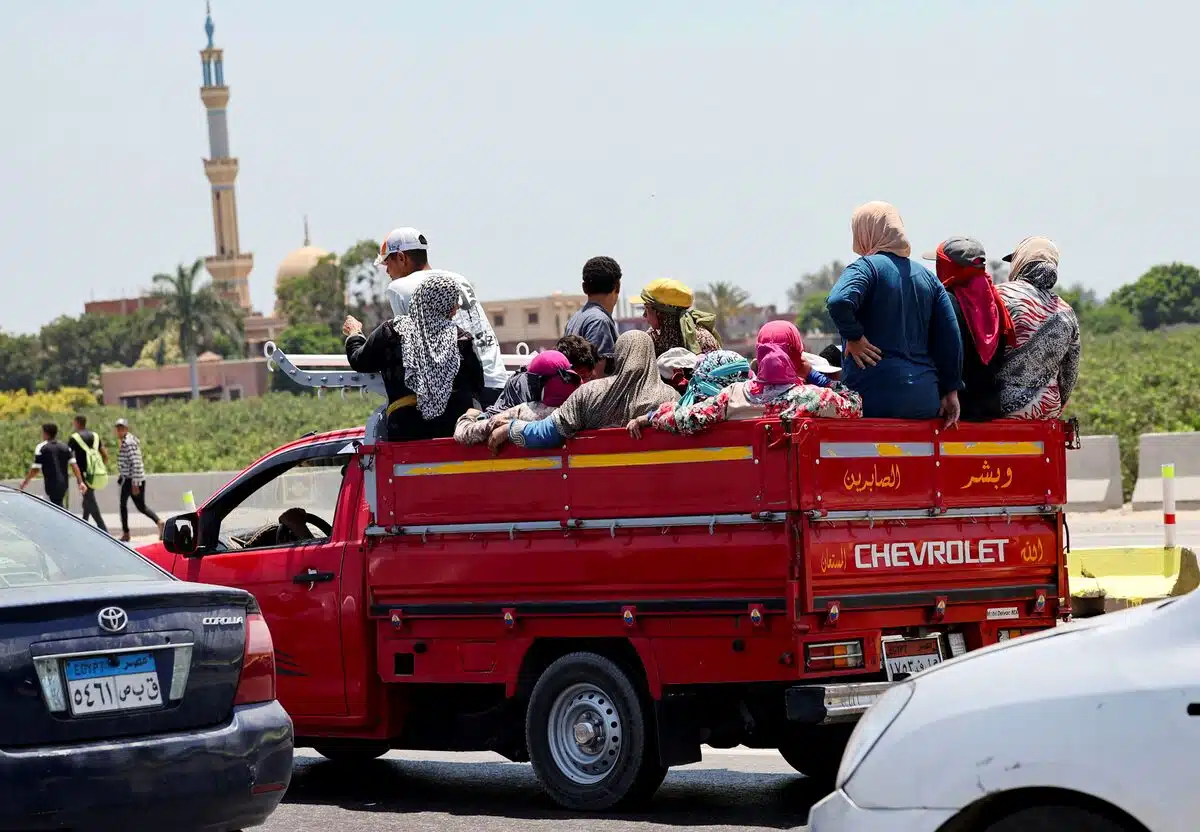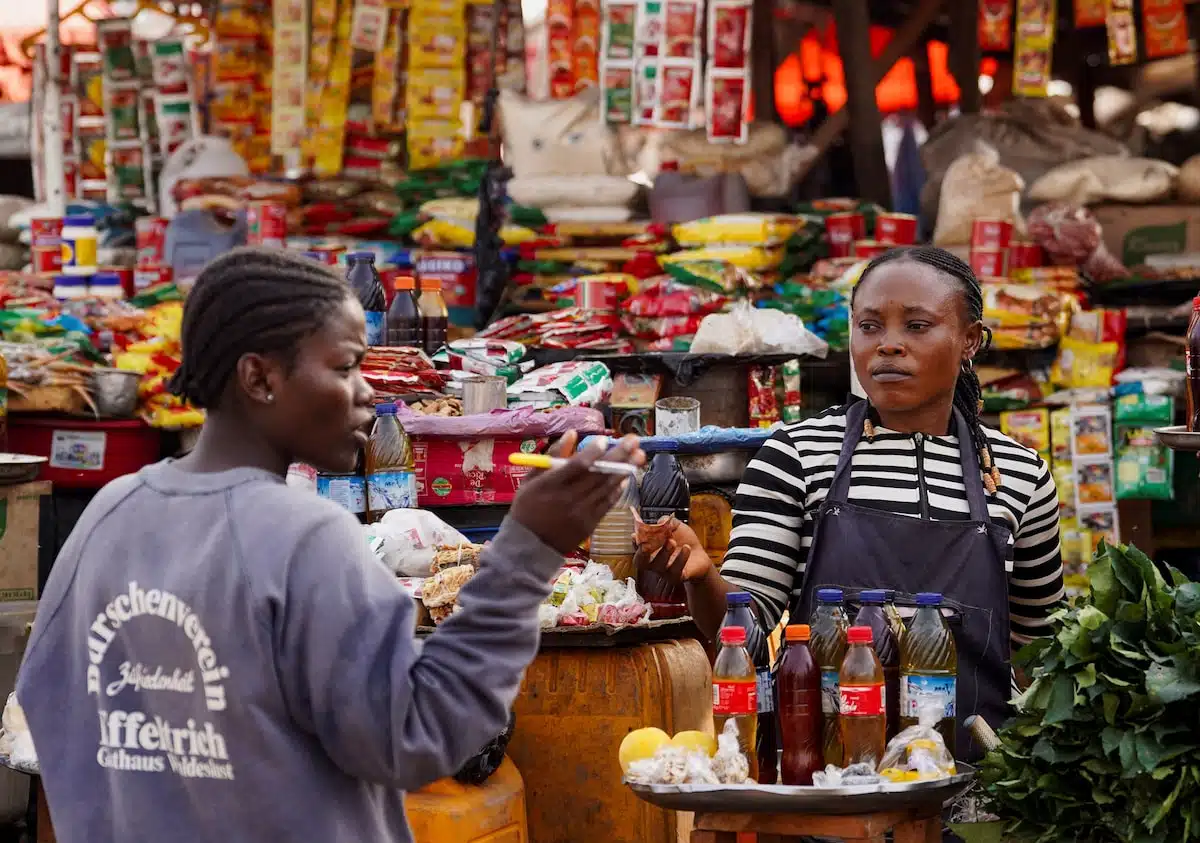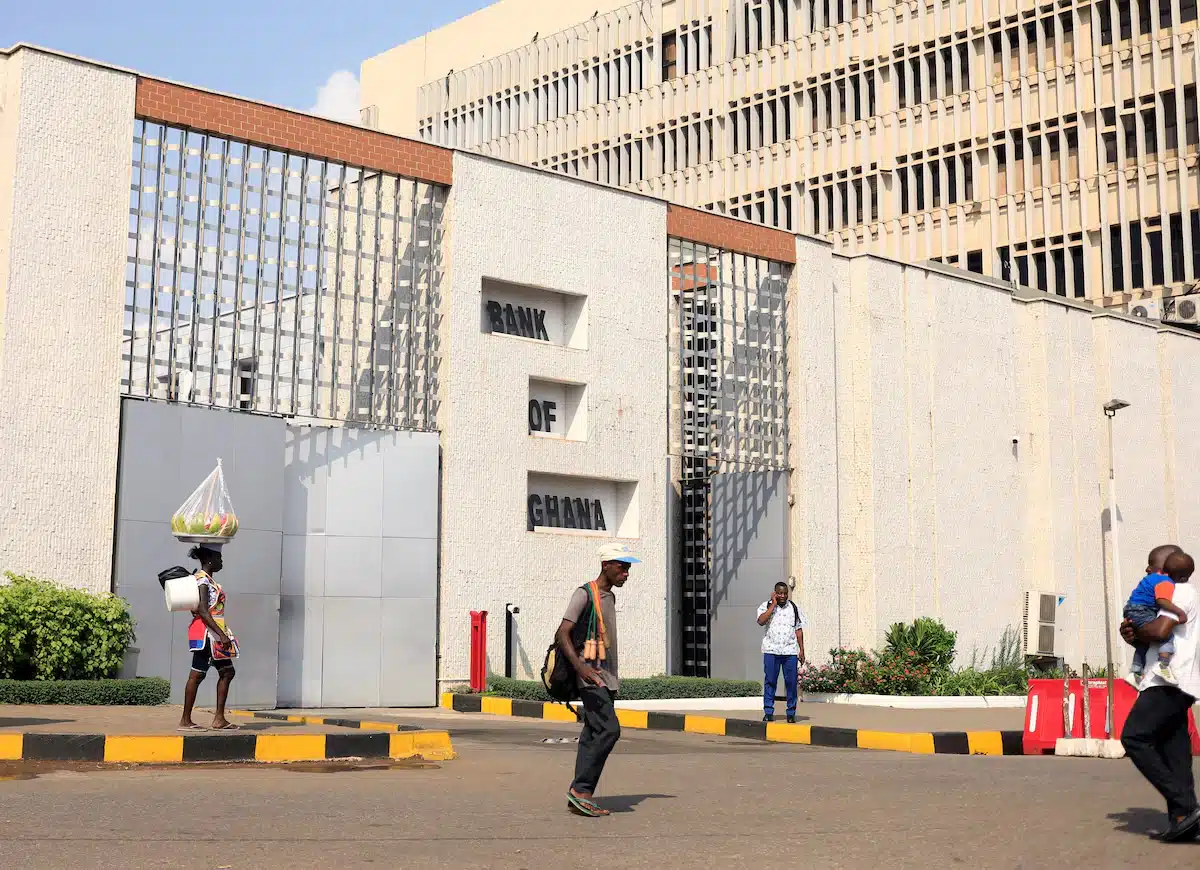Ghana is set to receive a fresh disbursement of $370 million from the International Monetary Fund (IMF), following a staff-level agreement reached in Accra on Tuesday, despite setbacks in fiscal performance late last year.
The funding, part of Ghana’s $3 billion Extended Credit Facility approved in May 2023, comes after a two-week mission by an IMF team led by Mission Chief Stéphane Roudet.
The team was in Accra from April 2 to April 15 to assess progress on the country’s reform commitments under the programme’s fourth review.
Once approved by the IMF Executive Board, the new disbursement will bring Ghana’s total drawdown to $2.36 billion.
According to the IMF, Ghana’s economic growth in 2024 outperformed projections, driven largely by a rebound in mining and construction activity.
Strong gold and oil exports, alongside a boost in remittances, supported a sharp improvement in Ghana’s external position.
The multilateral lender also noted that the country’s international reserves are now well above programme targets.
However, largely due to pre-election spending pressures, “overall performance under the IMF-supported program deteriorated markedly at end-2024”, Ghana’s mission chief, Stéphane Roudet said in a statement.
A large accumulation of government payables pushed the primary fiscal balance into a deficit of 3.25% of GDP—far off the targeted surplus of 0.5%.
Inflation also exceeded programme thresholds, and several structural reforms lagged behind schedule.
To bring the programme back on track, Ghana’s new authorities have rolled out a 2025 budget that aims for a 1.5% primary surplus.
An audit of outstanding payables is underway, while new fiscal rules and expenditure controls are being introduced to strengthen public financial management.
Monetary authorities have also taken action.
In an unexpected move, the Bank of Ghana recently raised its policy rate and is reviewing its liquidity operations to combat inflation.
Ghana’s debt restructuring remains ongoing under the G20 Common Framework.
The IMF noted that all parties to the Official Creditors Committee have signed a Memorandum of Understanding, and the government is now working to finalise bilateral deals and reach agreement with commercial creditors.
Despite recent slippages, the lender said bold corrective steps by the new administration have kept programme goals within reach.
Discussions are ongoing around additional reforms to improve procurement systems and protect vulnerable households from the effects of high inflation.










